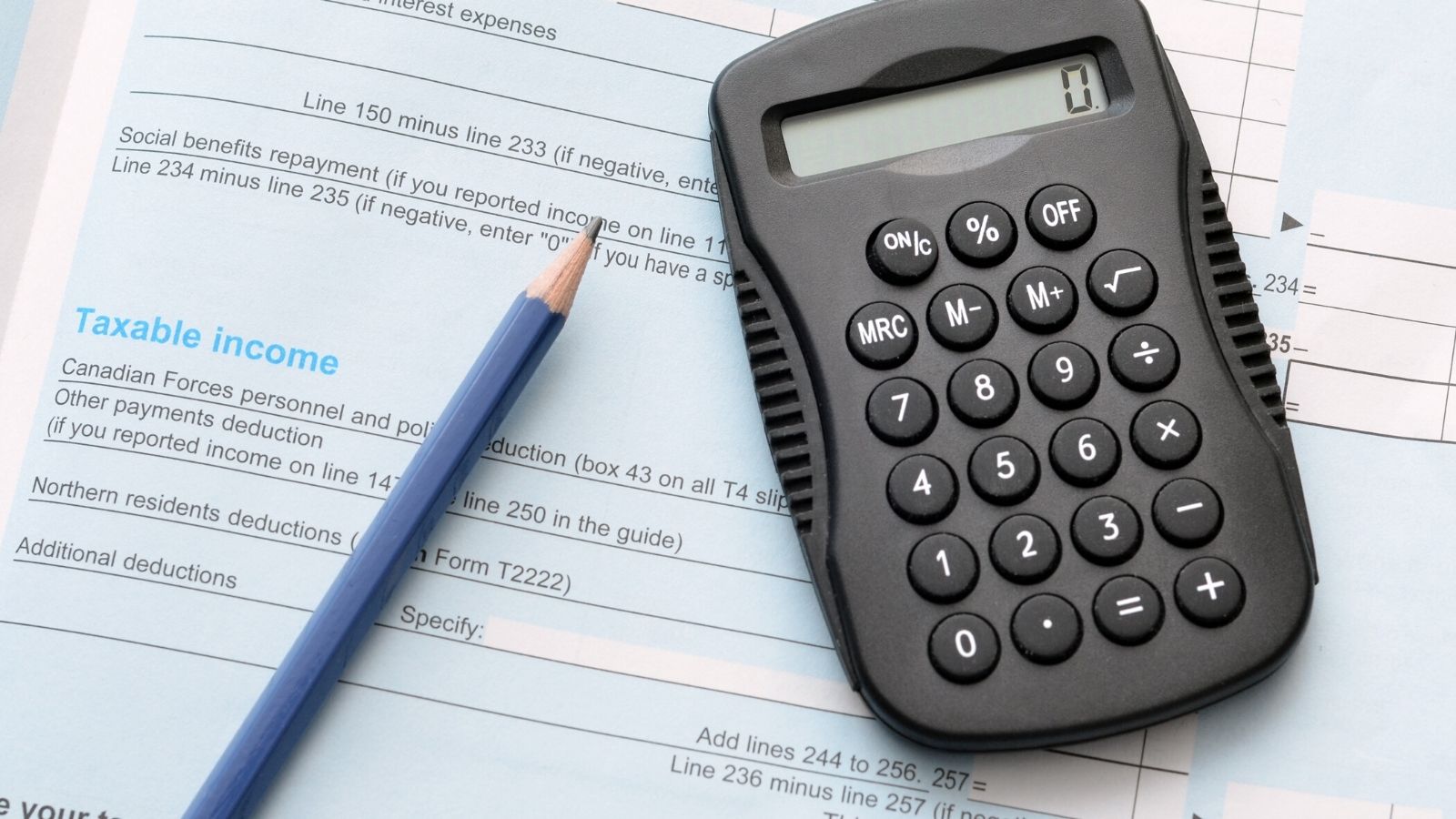With the 2021 tax season quickly approaching, Canadians everywhere are once again starting the fervent search for deductions they might qualify for. Whether it’s for the new electric car they splurged on this year or their annual RRSP contributions, there seems to be an endless list of possible savings. And if you’re a homeowner, these are the tax deductions you’ll want to know about to maximize your savings this year!
The Home Buyers’ Plan
Canadians with qualifying RRSP contributions can take advantage of a tax-free withdrawal toward buying a home. If you are a first-time homebuyer or haven’t owned a home within the past four years, you are eligible to withdraw up to $35,000 from your RRSPs, tax-free, to use toward a down payment on a home. The only condition? You’ll have to “repay” the amount borrowed within 15 years, or the owing amount becomes taxable. Learn more >>
First-Time Home Buyers’ Amount
Speaking of first-time buyers, you may also be eligible for the First-Time Home Buyers’ Tax Credit. This $5000 credit is available to anyone who, in the last year, either bought their first home or bought a house after not living in one they or their spouse owned for the four years before buying again. A nice incentive to get you into the Canadian housing market, it could add a handy $750 to your tax refund. Learn more >>
Home Buyers’ Amount for Persons with Disabilities
Now, regardless of whether you’re a first-time homebuyer or not, you may still be eligible to receive Home Buyers’ Amount. If you or your spouse qualify for the disability tax credit, you can still receive the $5000 tax credit if the home you bought is more accessible or better suited to your needs. Learn more >>
GST/HST New Housing Rebate
Suppose you bought a newly constructed or substantially renovated home from a licensed builder. In that case, you might be eligible to receive this rebate for the GST/HST you paid. This also applies to homeowners who built or extensively renovated their own home, either themselves or with the help of a paid professional. This allows you to recover some of the taxes that went into creating your dream home, which, as we all know, can be quite a chunk of change. Learn more >>
Other Tax Deductions for Homeowners
Working From Home Tax Credits – Whether you are self-employed or simply working from a home office, you can apply to deduct several eligible expenses, including part of your utility bills, home insurance, office supplies, and more. The golden rule? Figuring out the percentage of these costs dedicated to your business. Learn more >>
Moving Expense Deductions – If you are moving to either go to school full-time or for work and are going further than 40KM to do so, you may be able to deduct your moving costs. Keep a record of expenses related to any moving companies used, bills for accommodations used along the way, and other such costs to earn a little extra break on your taxes. Learn more >>
Deductions for Rental Income – If you are earning rental income from any property you own, residential or otherwise, you might be able to claim some expenses. These deductible costs include property taxes, insurance, fees for advertising the property, or interest on credit used to purchase or renovate the property. Learn more >>
Home Accessibility Tax Credit – Eligible individuals could earn a tax credit of up to $10,000 on qualifying renovation costs. You must either be a homeowner qualifying for the disability tax credit, claiming for a qualifying individual, or over 65. The renovations must be permanent and make the home more accessible for the individual. And they will also need to be done by a qualified professional. Learn more >>
Of course, different rules and regulations apply to any and all tax credits, rebates, and deductions in Canada. To better understand which best fit your needs and what you qualify for, consult with your tax professional before submitting your tax return. And if you don’t yet qualify for any because you’re still searching for your dream home, contact me today to find it!

 Facebook
Facebook
 X
X
 Pinterest
Pinterest
 Copy Link
Copy Link

